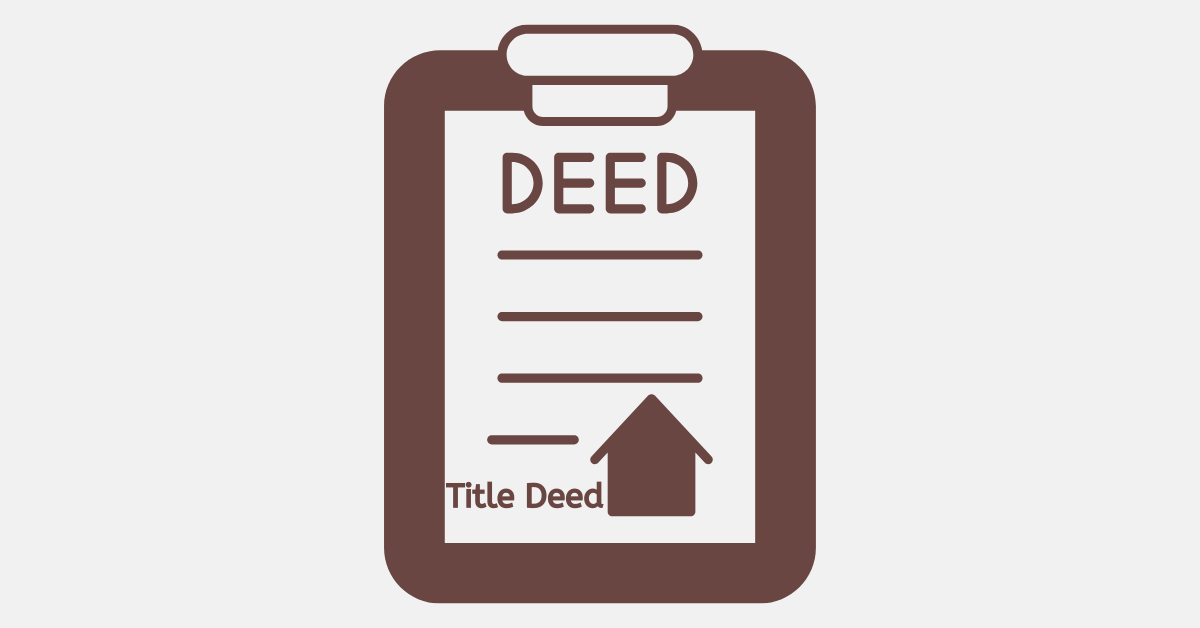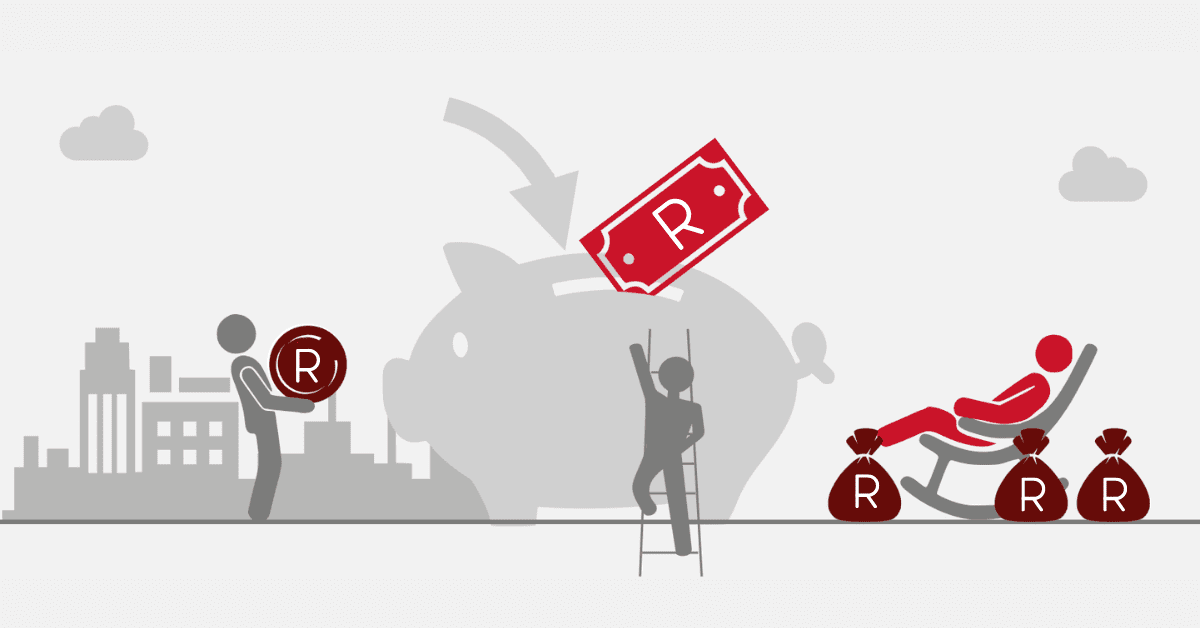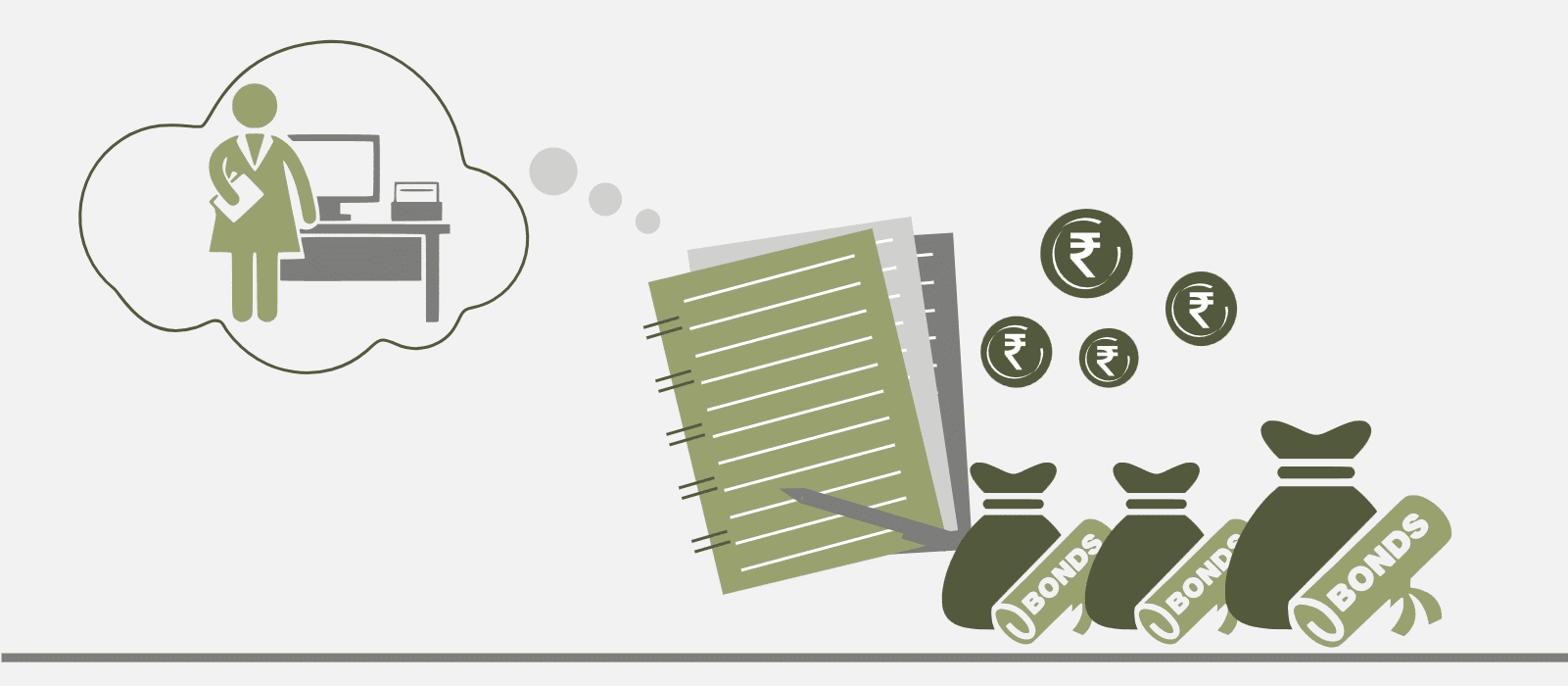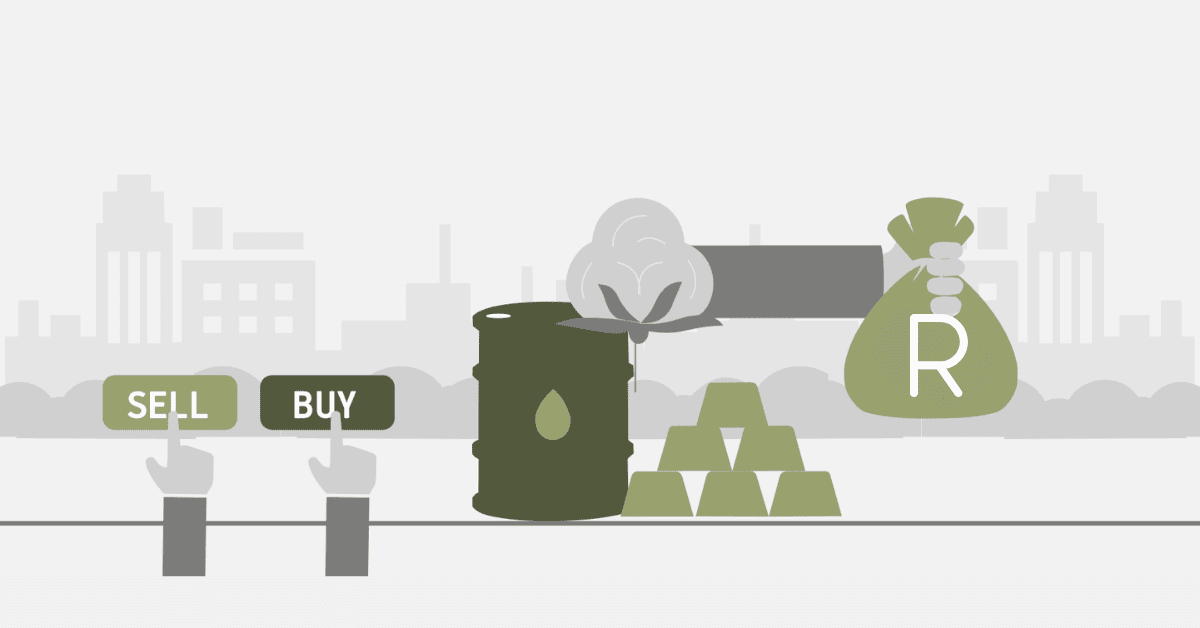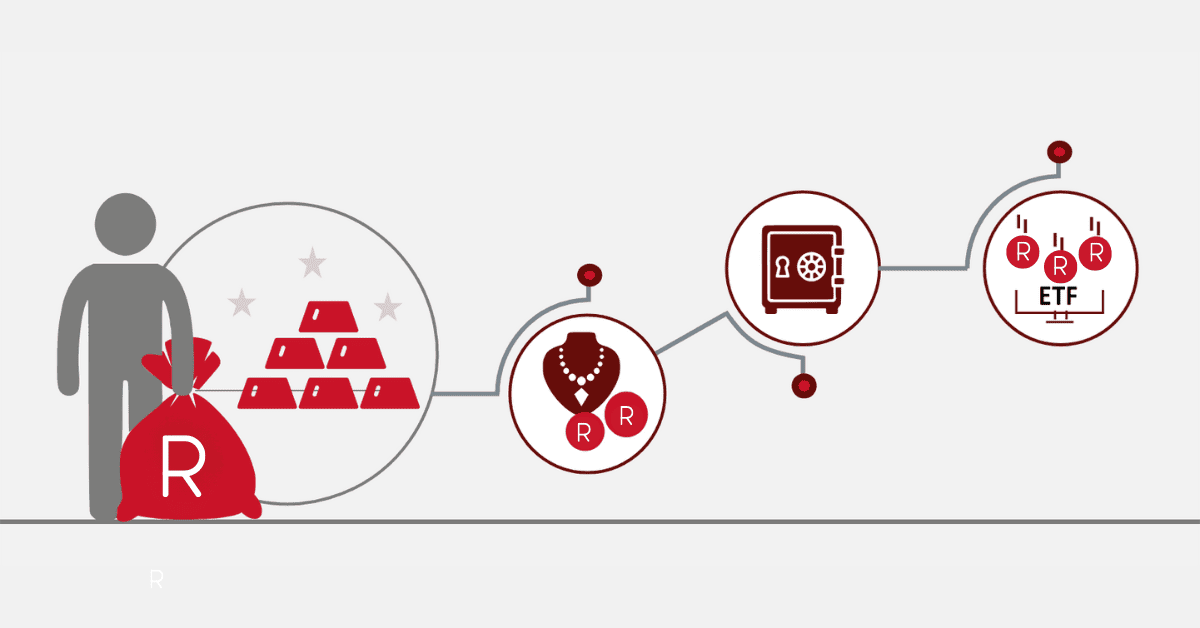Withdrawing money from mutual funds is crucial in managing one’s portfolio. Whether needed personally or to rebalance your investments, being informed of the right way of withdrawing your money from a mutual fund investment will maximize the value of those funds. The process of withdrawal in South African mutual funds is quite simple, but it is always good to be informed of the rest of the specifics involved to avoid delays or unexpected fees.
How To Withdraw Your Money From Mutual Funds
Generally, you must initiate a withdrawal by logging into your online mutual fund account provider or calling them directly. Most of these investment platforms have either a “redeem” or “withdrawal” option where you could even specify the number of units or value of money you wanted to withdraw. You can withdraw partially if you do not want to pull out the total invested amount. Once you have placed your withdrawal request, it is processed based on the cut-off times determined by the fund.
In general, withdrawals made before the cut-off time on a business day are processed at the closing NAV of that day. Subsequent requests are processed with the NAV of the following business day. The money gets wired into your bank account or investment account that you have designated once the request is processed, subject to a few business days for settlement.
Where Can You Deposit into an Old Mutual Money Account in South Africa?
Being an investor in mutual funds from Old Mutual, you should liquidate your investments and place them into your Old Mutual Money Account. This account has a flexible option whereby one can access cash while benefiting from things like competitive interest rates with ease in account management.
To put in its mutual fund proceeds, the redemption is equally easy for an Old Mutual Money Account. Upon raising your withdrawal request either on the Old Mutual platform or with your financial adviser, you need to indicate where you want your funds to be paid: your Old Mutual Money Account. This option is provided at setup on your withdrawal preferences, and when selected, the funds automatically drop into your account when the transaction is processed.
Alternatively, you can start an EFT and effect a manual transfer from another bank account if the mutual funds were paid into such an account. Just ensure you use the correct banking details for your Old Mutual Money Account to avoid delays. You can also visit any Old Mutual branch for assistance depositing money directly into the account.
How Are Mutual Funds Paid Out?
A highly nominalized payment system for withdrawing money from a mutual fund exists. The compensation is valued by valuing the units of the fund. This aligns with the date on which the withdrawal request is being processed. This is known as the Net Asset Value. It is derived from the overall value of the assets in a particular fund minus its liabilities. It’s then divided by the number of units outstanding at the close of each business day. Therefore, the actual value a person could receive would be based on the performance in the market.
If you initiate a withdrawal, the fund manager approves the particular transaction and determines a cash value represented by your units. Example: Suppose the net asset value per unit is R10; if you withdraw 100 units, you get R1 000, less any tax or deduction that may apply.
Mutual fund distributions are typically made via EFT to the bank account on record with the mutual fund house. Certain fund houses offer an option to reinvest the amount withdrawn into another fund, thus providing investors with alternatives if they wish to switch funds rather than liquidate totally.
How Do I Transfer Money From Mutual Funds to My Bank Account?
The entire process is relatively easy. Once you have initiated the cashout, the next step will be determining how the money will reach your bank account. While you go through the process for withdrawal, every mutual fund platform will pop up a question asking for the bank account where it should deposit the money. If you provided bank account details at the initial investment, such money will be automatically repaid to this account.
It is always good to double-check this information to avoid any delay in receipt of the money. Most platforms will allow you to change or update the banking details you provide. Once you want the proceeds transferred to another bank, ensure you have prepared the exact account number and branch code for the transfer. The funds get settled through EFT, and the timing for reflection into your account may take around 2-5 business days due to its reliance on mutual fund processing and bank processing times.
Others might prefer to transfer their money into an investment account, such as the Old Mutual Money Account, where they can accrue the interest for their liquidated investments. You will select that account when you proceed to the money withdrawal procedure. Upon completing the transfer of monies, you will be contacted by the mutual fund provider with confirmation of the transaction result.
How Long Do You Wait Before You Can Cash Out a Mutual Fund?
The cashing out duration for any mutual fund in South Africa largely depends on the type of mutual fund applied for and the varying durations it takes the provider to process such. Many mutual funds will give you an open-ended time to cash out, but the request usually takes 2-5 business days to process. This time frame includes the time it takes to calculate the NAV for your units, process the request, and transfer the funds to your bank account.
Some mutual funds are not liquid and can only be redeemed at periodic intervals, which could be monthly or quarterly. Additional fees may be levied by the funds as a penalty or exit fees in case of withdrawal before a specific period. Hence, the terms and conditions of the fund need to be duly reviewed to understand any restrictions or fees for cashing out.
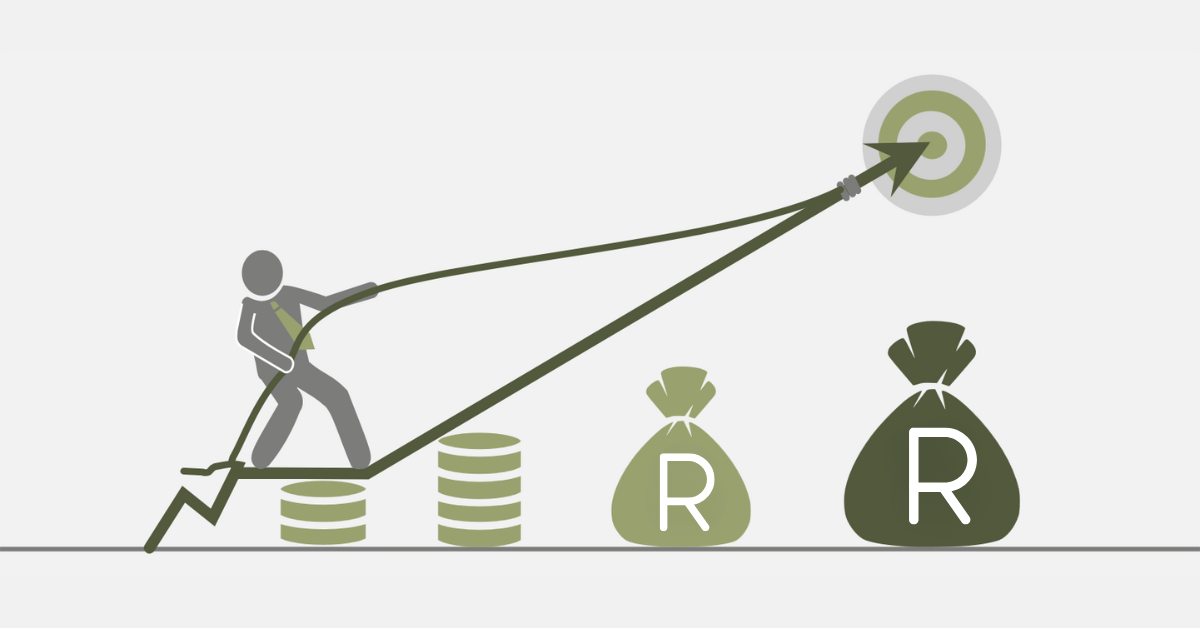
![What are ETF [Exchange-Traded Funds]?](https://www.searche.co.za/wp-content/uploads/etf.webp)
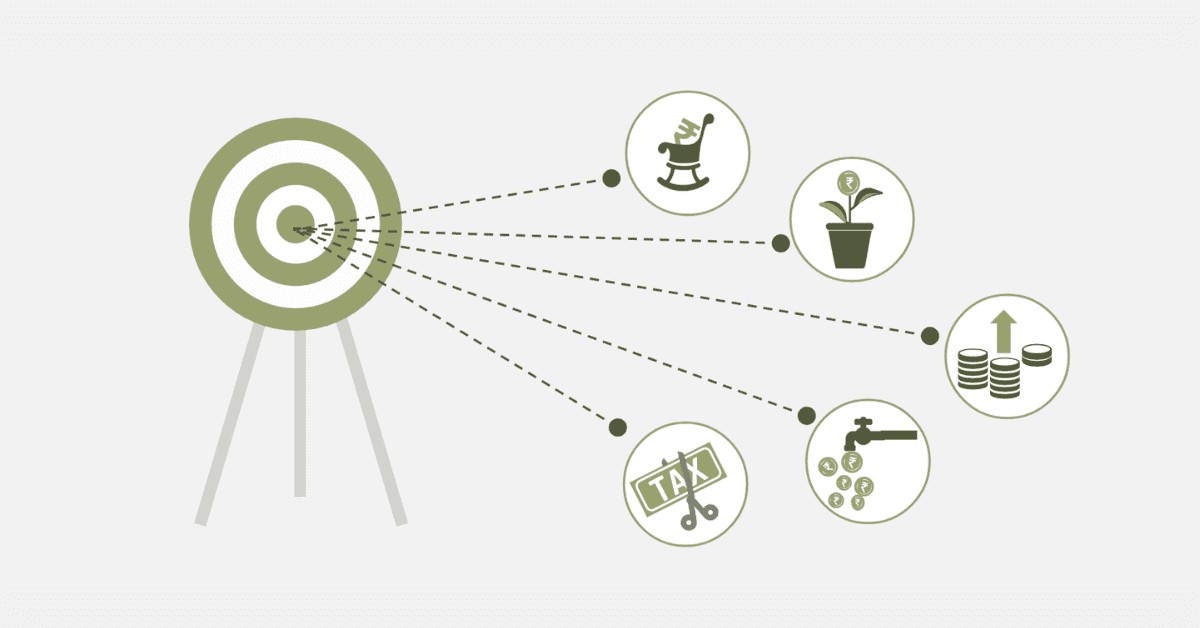

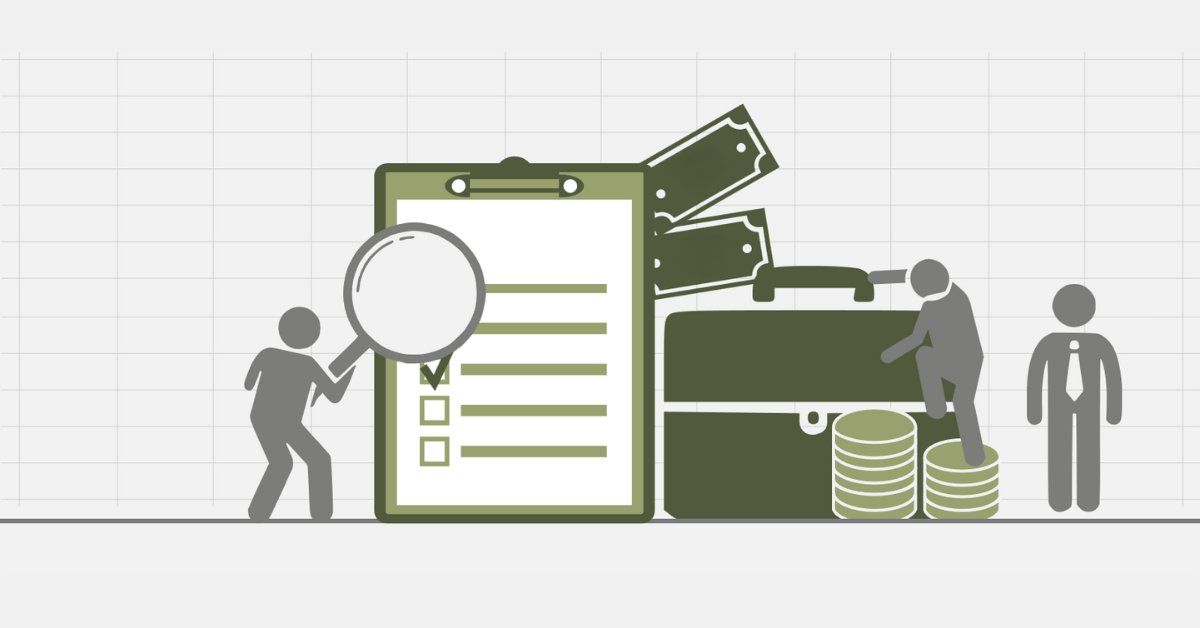
![Internal Rate of Return [IRR] – Calculation](https://www.searche.co.za/wp-content/uploads/internal-rate-of-return.webp)

